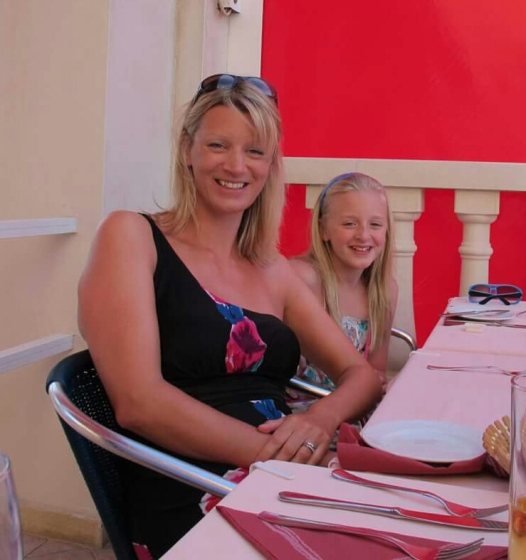I’ve been reading God on Mute for Lent, which ended at the weekend. There is much in the book that has both challenged me and opened my mind to understanding unanswered prayer in ways I’d never considered before. The book looks at various reasons why God might not appear to answer our prayers – in the time we want, the way we want or why we want them.
What is clear is that, even when he is silent, God hears our every prayer. Every song, praise, outpouring and simple ‘Jesus’ or ‘God bless’, He hears it all, but answering all those prayers the way we expect is quite a different matter.
I wanted to reflect on Chapters 10 and 11 from the book, Exploring and Engaging the Silence, which explores why, at times, God might choose to be silent. I don’t mean listening to prayer and answering it later or in a different way, but actually withdrawing from intervening in our lives.
When Jesus became an atheist
This part of the book reflects on the theme of Easter Saturday, a holy day that is vastly overlooked and understated. Easter Saturday is the time when Jesus was dead. When God was silent for him and for the world. He went down into death like any other person. God was gone.
Jesus, effectively, became an atheist. The resurrection was to follow, he knew that, but he also knew he had to go through the pain of Saturday. The Saturday expressed the despair and utter hopelessness of death without God, without heaven, without love. Nothing. It was a period of agonising waiting. In many ways, we are all now living this Saturday, while we wait for the joy, peace and grace of tomorrow’s paradise. It’s a concept I often reflect on in my grief.
Jesus cried out ‘My God, my God, why have you forsaken me?’ as he was dying. Words also written in the Psalms (Psalm 22:1. 16-18). Not only did he feel the physical and emotional pain of all sin, but even worse, the total absence of God, his father. Jesus’ words expressed the feelings we all feel at times – of doubt and a collapse of faith. Yet, at his hour of most need, his father had to step back.
I just read this moving article by Joey Feek’s husband about how in the months leading up to her death she painfully but determinedly distanced herself from her young daughter in order for her daughter to create a stronger bond with her husband, which would benefit both her daughter and her husband in their grief after her death. You can only imagine the strength it took for her to do that when every fibre of her being would want to hold her child every minute until she couldn’t anymore. God felt this too, as he left his son to die, yet He knew it had to be this way. We, even 2000 years on, still find it hard – with our human minds – to fully comprehend this seeming deliberate withdrawal of love.
Growing into spiritual maturity
What challenged me was what the author, Peter Greig, describes as moving on from the ‘infatuation’ with God to a mature relationship with Him.
Continue reading






